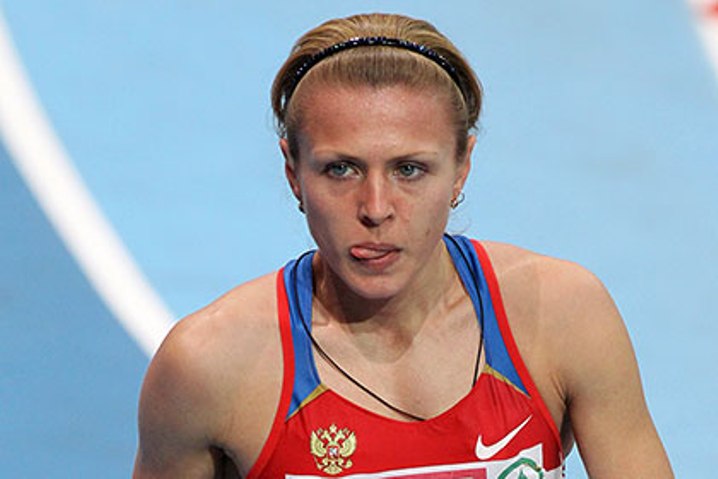 Scandal-hit Russia will discover Friday if it has done enough to get back into world track and field’s governing body, the IAAF, in time for its athletes to compete at the Rio Olympics.
Scandal-hit Russia will discover Friday if it has done enough to get back into world track and field’s governing body, the IAAF, in time for its athletes to compete at the Rio Olympics.
The 27-member IAAF Council, headed by president Sebastian Coe, meets in Vienna to decide whether to readmit Russia.
The IAAF provisionally suspended the All-Russian Athletic Federation (ARAF) in November over a bombshell report by a World Anti-Doping Agency (WADA) independent commission that said there was state-sponsored doping and mass corruption in Russian athletics.
Long-time ARAF president Valentin Balakhnichev was banned for life in January by the IAAF ethics commission for allegedly taking bribes to cover up doping by Russian athletes.
Russian Sports Minister Vitaly Mutko has wavered between contrite apology and brash counter-attack as Moscow lobbies heavily for its reinclusion in time for the Rio Games.
In its bid to overturn the ban, Russia has announced a raft of reforms including the introduction of compulsory anti-doping classes in schools to reform attitudes toward the use of performance-enhancing drugs.
Russia’s anti-doping agency RUSADA will develop a special curriculum, based on WADA guidelines, for the 3,000 sports schools where the country’s elite athletes train.
International experts have been appointed to assist with reforms and a minimum of three additional “independent, externally administered anti-doping controls” for athletes hoping to compete in Rio.
The IAAF also demanded that ARAF sever ties with staff with any past involvement in doping, and abide by all WADA regulations.
WADA director-general David Howman delivered a withering response on Monday, saying the progress made by Russia was simply not enough to merit its reinstatement within the IAAF.
– IOC olive branch? –
Commentators have suggested that the International Olympic Committee (IOC), which is to meet on June 21 on eligibility issues, could offer an olive branch to Russia by opening up participation in Rio for certain doping-vetted Russian athletes.
“It’s a plausible option,” French athletics federation president and IAAF Council member Bernard Amsalem told AFP.
“But what are the guarantees that we can have on the Russians?…
“It’s a state system and it’s difficult to make sense of things. It’s also a credibility issue for the IAAF. Our image is tarnished and the only way to rectify this is to be hard.”
Mutko added last month that Russia would not include athletes who in the past had committed “gross violations of anti-doping rules” on its Olympic team.
But Russia faces an uphill battle for its reinstatement and recent allegations by the former head of Russia’s anti-doping laboratory, Grigory Rodchenkov, now threaten to derail the country’s efforts to compete in Rio.
Rodchenkov, who has fled to the United States, described an organised doping campaign including at least 15 medallists during the 2014 Sochi Games, with the close involvement of the sports ministry and the FSB security service — allegations Mutko was quick to dismiss as “absurd”.
The Russian athletics doping scandal was brought to light by whistleblowers, including runner Yulia Stepanova and her husband Vitaly Stepanov, a former RUSADA employee, who prompted WADA to investigate their shocking allegations about the prevalence of doping in Russian athletics.
Stepanova, who was slapped with a two-year suspension in 2013 for doping, and her husband were branded traitors, and like Rodchenkov, now live in exile.
Dmitry Shlyakhtin, a little-known regional official who was elected to head ARAF in January, told AFP that Rodchenkov’s allegations came out of “fantasy movies or television series”.
“All these things add negativity in terms of the final decision,” Shlyakhtin said.
French federation head Amsalem added: “When I talk to Council members, they agree with me (on being tough).
“But there’s a lot of pressure, political, all sorts, direct or indirect in each of our countries which means that some (members) will hesitate.” – Agence France-Presse






























